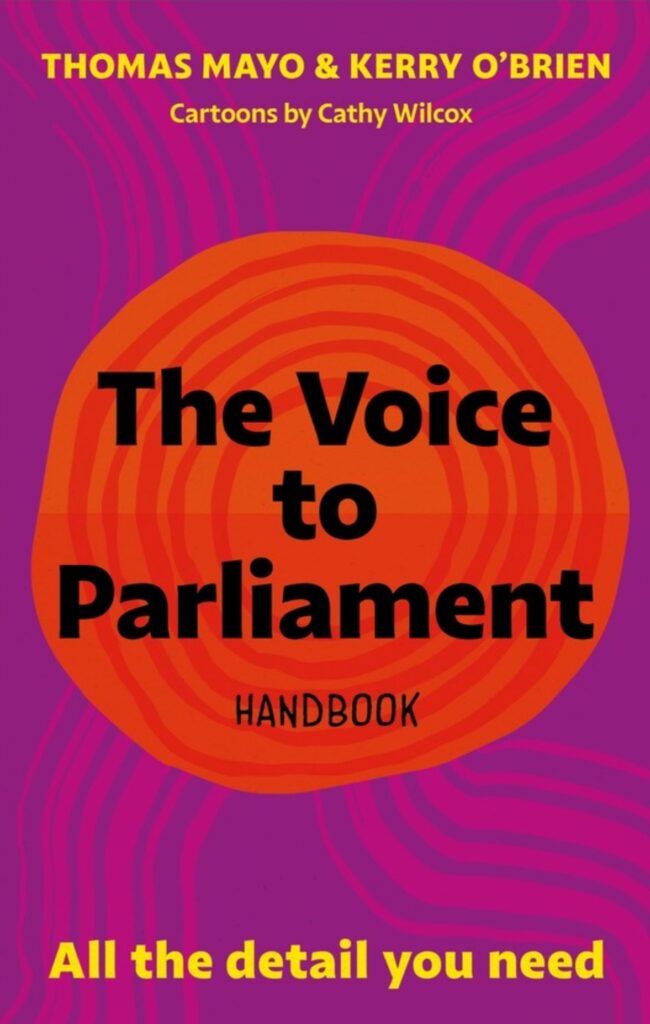EcoNetwork Port Stephens Executive Committee.
On Wednesday 31 August, the date for the long-awaited referendum on an Indigenous Voice to Parliament was announced by the PM and on Saturday 14 October, Australians go to the polls. Many people, at this point, are not switched on to what this referendum is about or why it is such an important historic moment as Australia matures as a nation, finally looking to giving our First Nations people a say in the issues that affect their communities.

We will be voting for a committee that will offer advice to government on issues that affect Aboriginal and Torres Strait Islander people. The requirement for a Voice would be enshrined in the constitution, but the practical details of how it operates and functions would be left to the Parliament of the day to decide. This is like other processes, such as the taxation system, which are not detailed in the constitution so they remain flexible and adaptable to change.
If we continue to do the same thing over and over again we cannot expect a different result. By having the Voice in the constitution, if something isn’t working the encumbent government cannot just get rid of it – and Parliament will have to find ways to improve it rather than just give up.
That is why including only a token recognition of Aboriginal and Torres Strait Islander people in the constitution, without the Voice mechanism, is totally inadequate.
It has been well documented through Closing the Gap and other initiatives that for too long, Aboriginal and Torres Strait Islander peoples have been disadvantaged in areas such as health, housing, jobs and education, and they have a lower life expectancy than other group of Australians, due to treatable or preventable conditions such as blindness and rheumatic heart disease. Children in remote communities do not always make it to their first birthday.

It is because of these, and other basic inequities, that the proposed change to the constitution by establishing a Voice to Parliament would be a positive move to bringing Indigenous people into line with the rest of us. After decades of government reviews and enquiries, most of these issues are not improving and some have declined.
Through the Uluru Statement from the Heart, Indigenous Australians have made the reasonable request to be listened to about the issues important to their communities and to be given a chance to propose solutions. For too long, politicians have made decisions FOR Indigenous communities rather than WITH them. (Such as the disastrous 2007 NT Intervention). This led to policies that communities knew would never work, meaningful improvements have not been delivered and problems have not been fixed despite large amounts of money being thrown at them.
It should be emphasised that the Voice will not make laws. It will not control funding. It will not sit in the houses of Parliament.
Community members get behind The Voice
The Port Stephens Examiner has been running a reader survey to find out how and why people are intending to vote. Tomaree Peninsula locals, Alison and Ewa have been volunteering for the ‘Port Stephens For YES’ group.

Ewa admitted that “few of us have personally met our local Worimi, or Indigenous people in other parts of Australia. It would be so much easier to understand the issues if we had, and to put a familiar face to the debate. By volunteering for YES23, I’ve had an opportunity to hear from several Indigenous people and though not all are 100% in favour of this process, on balance it is seen as a positive step forward.”
“As a middle-aged white woman, I feel privileged and humbled to even be asked to vote on something that will not affect me personally. I’ll wake up the morning after the referendum and go about my business as usual. But for thousands of other Australians, their opportunity to express their opinions on issues in their communities will have been halted, and I haven’t heard of a viable alternative.”
Alison replied that “on a personal level I have enjoyed learning about what the proposed amendment would mean – I appreciate that Aboriginal people want and need an opportunity to have a say on policies and programs that will affect their lives. I attended a meeting in Raymond Terrace where the Voice to Parliament was explained and in particular, I found Thomas Mayo to be an inspirational speaker and a great source of practical information”.
Respect, love and faith will prevail
After the 1967 referendum, Aboriginal and Torres Strait Islander people were finally counted as part of the Australian population. No parliamentarian voted against the proposals, so only a ‘Yes’ committee was formed, and only a ‘Yes’ case was prepared and sent to voters. On 27 May 1967 over 90.77% of voters voted ‘yes’, which was the highest ‘yes’ vote ever recorded in a federal referendum.
At the 2023 Referendum announcement, Premier of South Australia Peter Malinauskas, gave an inspiring speech in his home State and said “It is not a coincidence of history that the campaign to launch the 1967 referendum also started right here on Kaurna Yerta.”
The Premier went on to quote Noel Pearson and pointed out that “.. generations of Australians are descendants of all those who have chosen to act with generosity and foresight before us.
If our forefathers and mothers can say YES to universal franchise;
If our great grandparents can say YES to waves of migration;
If our grandparents can say YES in 1967;
If our parents can say YES to land rights
Then this generation is capable to saying YES to an advisory committee.”
Need more information?

- To grasp the main issues without being bogged down in the political games and misinformation especially on social media, it’s best that people go to reliable sources such as www.voice.gov.au or go to your local library and borrow ‘The Voice to Parliament Handbook’ written by Kerry O’Brien and Thomas Mayo, or you can purchase it in bookshops.
- This is a clear and simple guide for Australians who want to better understand what they’ll be voting on. Thomas Mayo provides answers to the most frequently asked questions, while Kerry O’Brien writes a chronology of the fate of every past Indigenous advisory body – all of them have ended up being watered down or abolished as governments have changed.
- Across Australia thousands of volunteers are already changing hearts and minds by speaking to their neighbours, friends and family. On referendum day we will need tens of thousands of hands on deck to ensure every voter knows how to vote YES. Referendums are notoriously hard to win – but nothing will change if we don’t give this everything we can right now.
- Aboriginal and Torres Strait Islander people deserve to be recognised in the constitution with a voice, and they urgently need the practical and concrete improvements it will create.
- Volunteer for Yes – more details
